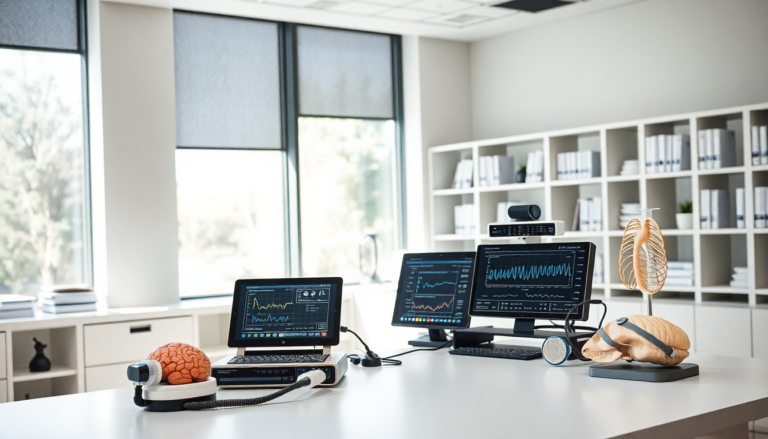Argomenti trattati
Artificial intelligence (AI) is reshaping various sectors, and sleep medicine is no exception. As we dive into this era of rapid technological advancement, it’s essential to grasp how AI is evolving within the realm of sleep healthcare. This article explores the benefits and limitations of AI in diagnosing and treating sleep disorders, providing clinicians with insights that can enhance patient care.
How AI is Revolutionizing Sleep Disorder Detection
Recent strides in AI, especially through machine learning and deep learning, have made a significant impact on detecting and managing sleep disorders. Technologies like polysomnography and consumer sleep devices utilize advanced data analysis techniques to accurately identify conditions such as obstructive sleep apnea, insomnia, and narcolepsy. With AI, clinicians can process vast amounts of data, leading to a more precise understanding of each individual’s sleep patterns.
But there’s more to it—AI can also help in endotyping sleep disorders, opening the door for targeted therapies. This means that treatment plans can be tailored more specifically to each patient, improving outcomes and minimizing unnecessary interventions. In a field as nuanced as sleep health, this precision is crucial, as it can dramatically influence overall well-being.
Facing the Challenges of AI in Clinical Settings
Despite the promising advances, integrating AI into clinical practice isn’t without its hurdles. Ethical considerations surrounding patient privacy and data security are front and center. After all, using personal health information requires strict adherence to regulations. Moreover, biases that can exist in AI algorithms may lead to disparities in diagnosis and treatment, highlighting the need for ongoing oversight and refinement of these technologies.
Another pressing issue is transparency in data usage. It’s vital for clinicians to understand how AI systems make their decisions. This transparency fosters trust and acceptance among healthcare providers and patients alike. Addressing these challenges is key to successfully implementing AI in sleep medicine, ensuring that we can leverage its benefits without compromising ethical standards.
The Future of AI in Sleep Medicine
The potential for AI to transform sleep medicine is enormous, especially in enhancing diagnostic accuracy and personalizing treatment regimens. For AI to be optimally integrated into clinical settings, effective collaboration between clinicians and AI experts is essential. These partnerships can spark innovation, ensuring that AI tools are developed with direct input from healthcare professionals who truly understand the intricacies of sleep medicine.
In conclusion, as sleep healthcare evolves, the role of artificial intelligence is set to expand, offering exciting new opportunities for improved patient care. By embracing these technologies while remaining aware of their limitations, sleep medicine can harness the power of AI to enhance outcomes and elevate the overall patient experience. So, are we ready to welcome AI into our sleep clinics, or do we need to tread carefully?

